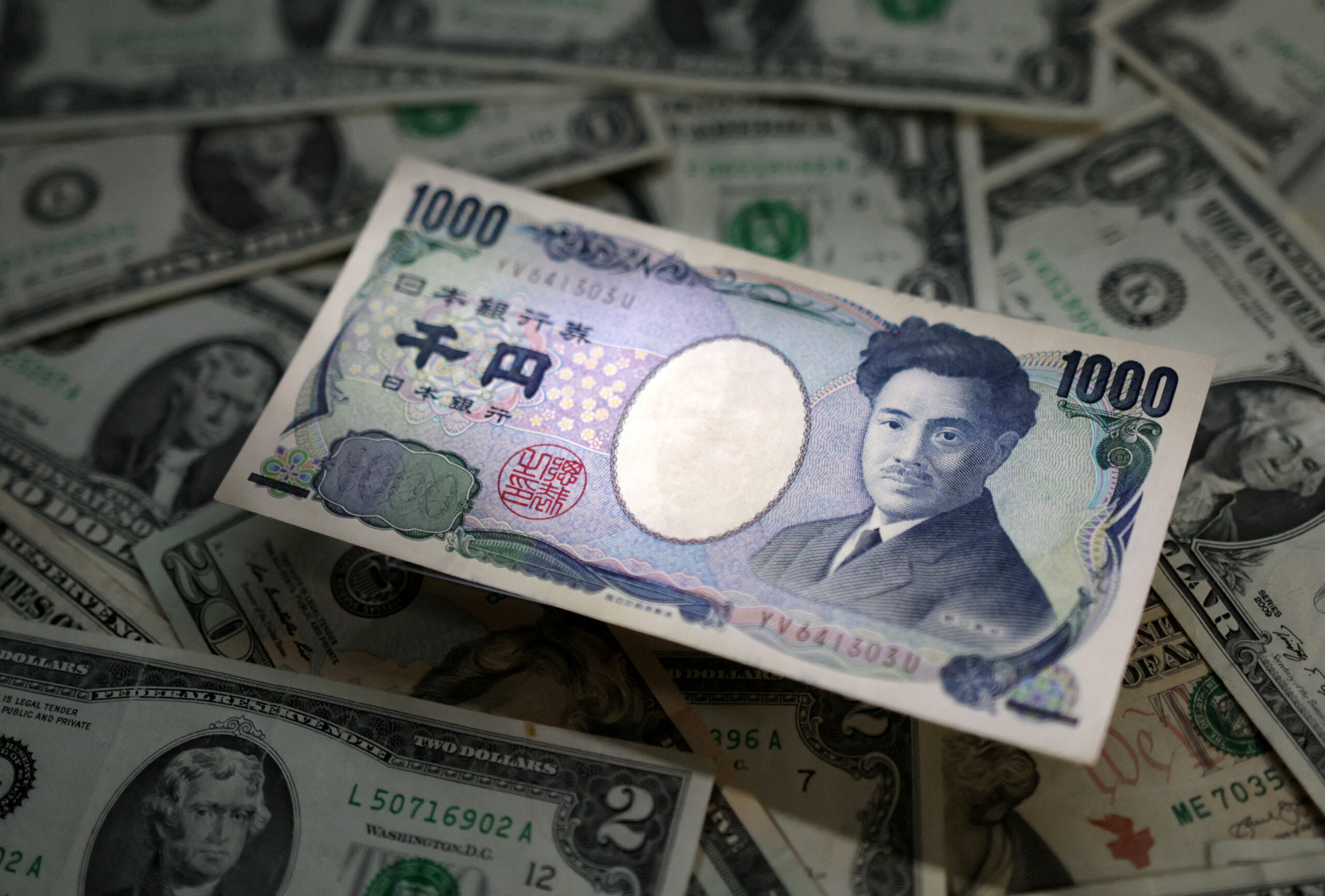
- Uncategorized
Dollar fluctuates in weak trading
Do you want to know how to make money from this?
Register for free and get expert advice, access to a training course and webinars.
Key points:
- The US dollar tried to find a foothold in trade weakened due to the holidays.
- US inflation is falling, which will likely give the Fed room to cut interest rates next year.
- In Asia, the yen rose 0.1% to 142.25 per dollar, receiving further support from Bank of Japan Governor Kazuo Ueda’s comments on inflation.
The dollar held steady on Tuesday as holiday-weakened trading limited market moves. Encouraging the greenback was the decline in US inflation, which could pave the way for rate cuts by the Federal Reserve in 2024.
Trading was subdued on the day after Christmas, as markets in the UK, Australia, New Zealand, and Hong Kong remained closed.
Against the US dollar, the New Zealand dollar reached a fresh five-month high of $0.6325, while the Australian dollar similarly held near its recent five-month peak.
The euro climbed 0.03 percent to $1.1024, near its five-month high of $1.1040 reached last week, while sterling barely moved at $1.2706.
Data published on Friday indicated that US prices declined in November compared to the previous month for the first time in more than 3.5 years and annual inflation dipped below 3 percent, reinforcing expectations among market participants that the Federal Reserve will lower rates in March of next year.
“The Fed has made significant progress in tackling inflation as the bulk of the year has started closer to the annual rate of 5%, although work to ensure that inflation is on a sustainable path to the 2% target is not yet complete,”
— Wells Fargo analysts said in a note.
Dollar and Asian currencies
The dollar index fluctuated around a five-month low of 101.42, which was touched last week, and was last seen at 101.59.
In Asia, the yen climbed 0.1 percent to 142.25 against the dollar, receiving additional backing from Bank of Japan Governor Kazuo Ueda’s remarks on inflation.
A range of data released on Tuesday revealed that Japan’s unemployment rate remained unchanged at 2.5 percent in November from the previous month, while inflation in the business services sector stayed constant at 2.3 percent last month.
However, the yen held steady near its recent five-month high amidst speculation that the Bank of Japan (BOJ) might soon terminate its ultra-accommodative monetary policy. These policies had been keeping the Japanese currency under pressure for much of 2022 and 2023, as other major central banks embarked on cycles of aggressive rate hikes.
In a separate development, the Chinese yuan weakened against the US dollar amidst rising expectations of further monetary easing from Beijing.
China’s five largest state-owned banks reduced interest rates on certain deposits late last week, marking the third such cut this year.
The onshore yuan depreciated by 0.1 percent to 7.1433 against the dollar, while its offshore counterpart last exchanged hands at 7.1461 against the dollar.
Do you want to know
How to make money from the news
Register for free and get:
- Expert consultation;
- Access to the training course;
- Opportunity to participate in webinars

